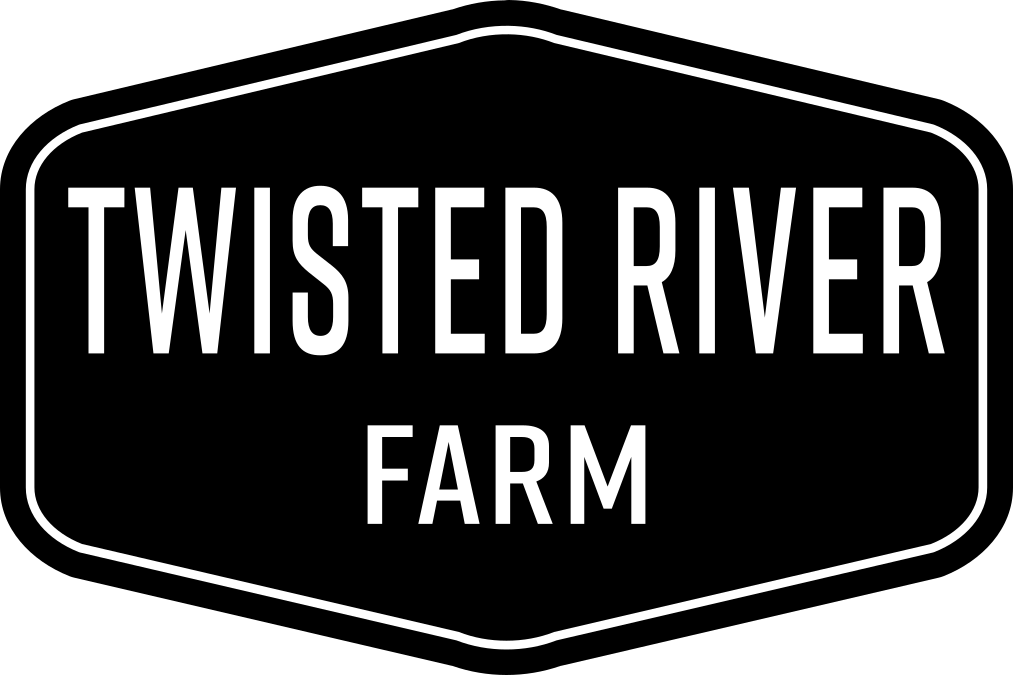A taste of the tunes we’re enjoying as TRF summer 2022 is in full swing!
Read moreHoophouse Updates
The latest on how we’re using our funds from the SARE grant with Jellum Farms.
Read moreFall Salad Subscription 2021!
Sign ups for the 2021 fall salad subscription season are open now!
Read morePesticides & the 2021 Dirty Dozen List
When it comes to pesticides, are you worried about what’s used on your greens? It’s a personal choice, but many people take care in selecting foods for their family that are grown using fewer pesticides and herbicides. We get asked frequently whether our Twisted River Farm greens are grown organically, and while we are not technically certified organic (that requires a lot of paperwork and documentation that we haven’t yet tackled), we grow our greens without herbicides and pesticides and as organically as possible.
We don’t have to use pesticides at Twisted River Farm for a couple reasons: mainly climate and geography. We don’t have the same pest problems other areas do, and we also rotate our crops quickly and harvest them at a young age. That means that pests don’t have as much time to do damage. As for herbicides, we don’t use them because we use a method called stale seed-bedding. This entails encouraging weed germination before we plant, followed by flame-weeding to kill the first flush of weeds. When our greens grow in that previously flamed area, they grow so quickly they outperform the second rush of weeds.
Why worry about pesticides? Research is still evolving, but in the simplest terms, pesticides are chemicals that can have unsavory health effects with long term exposure to them. As Michael Crupin, M.D., M.P.H., the director of Consumer Reports’ Food Safety & Sustainability Center remarks, “It’s not realistic to expect we wouldn’t have any pesticides in our bodies in this day and age, but that would be the ideal. We just don’t know enough about the health effects.”
If you want to diminish the amount of pesticides and herbicides you ingest, consider buying organic when choosing something off the 2021 Dirty Dozen list (we’ve got you covered for 2 and 12!) This year’s 12 dirtiest fruits and veggies are:
Strawberries
Kale, collard, and mustard greens
Nectarines
Apples
Grapes
Cherries
Peaches
Pears
Bell and hot peppers
Celery
Alternatively, the Clean 15 list outlines produce grown with the least amount of pesticides or health threats:
Avocados
Sweet Corn
Pineapple
Onions
Papaya
Sweet peas (frozen)
Eggplant
Asparagus
Broccoli
Cabbage
Kiwi
Cauliflower
Mushrooms
Honeydew Melon
Cantaloupe


